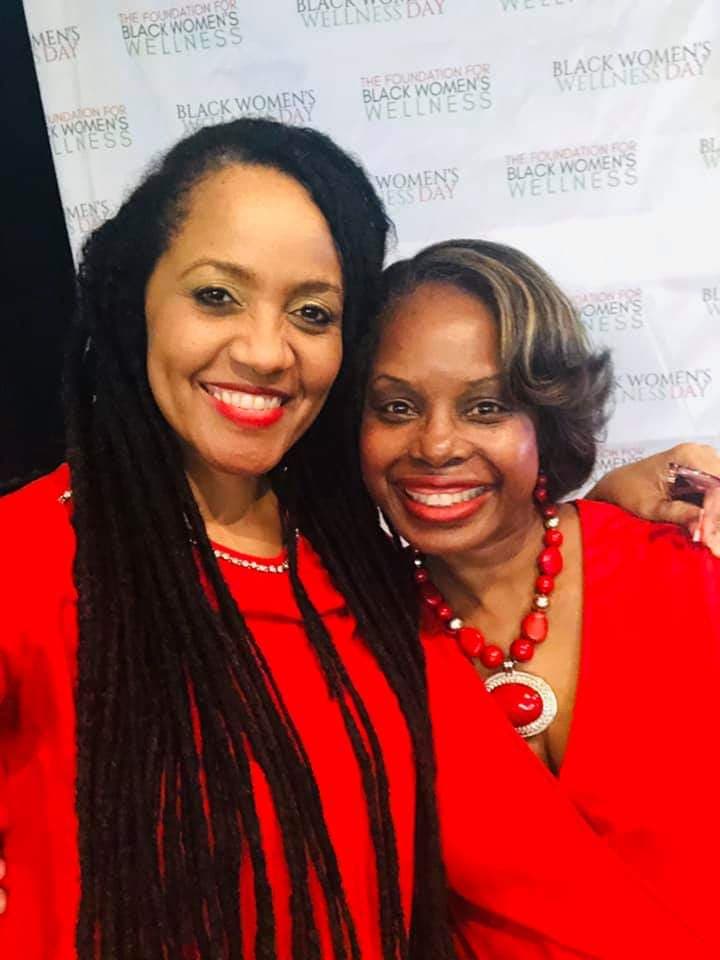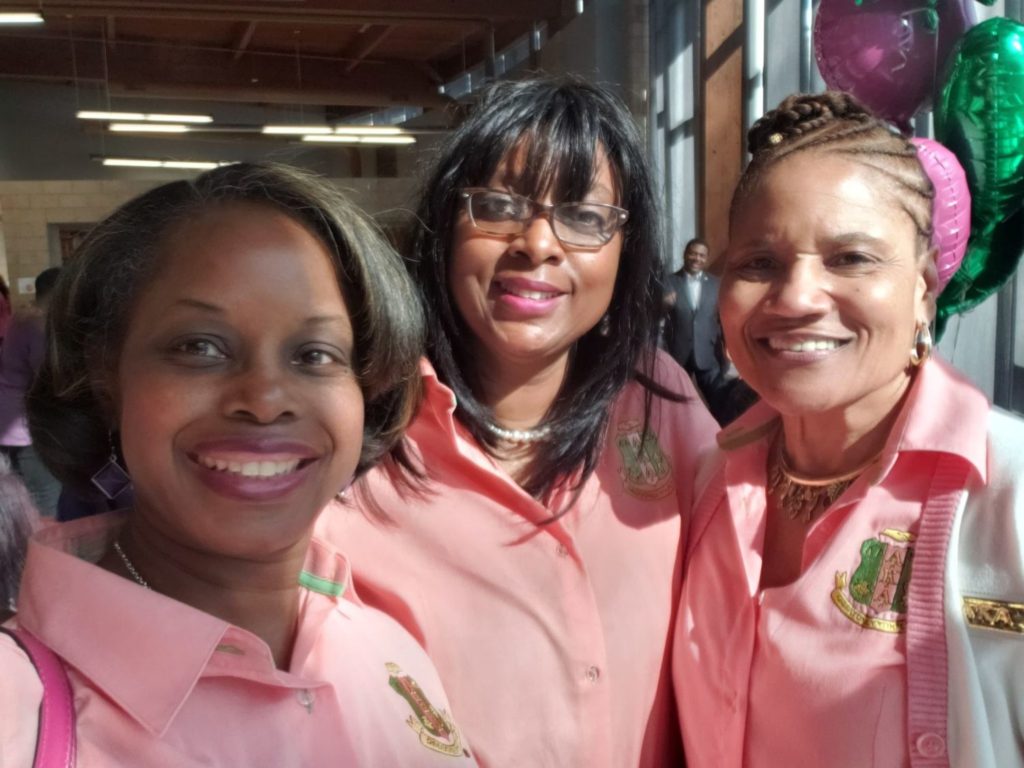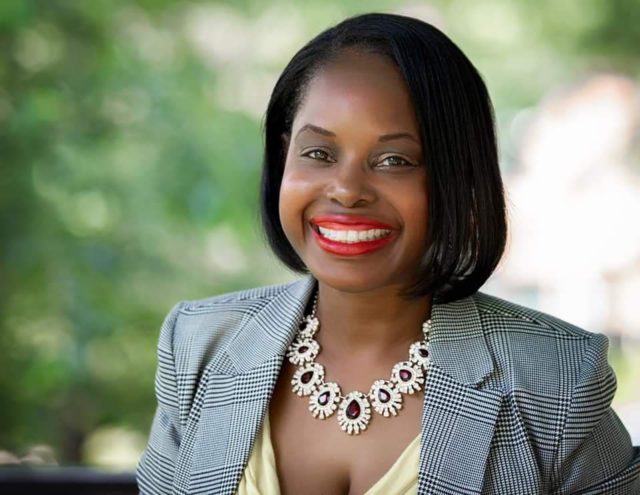Corinda Rainey-Moore is using her strategic relationships in Madison to influence what she believes is one of the most crucial industries — healthcare.
In April, Rainey-Moore accepted a position as Community Engagement Manager at UnityPoint Health-Meriter. She said the organization can not operate in an isolated bubble and that in order to address the race-related disparities surrounding healthcare, organizations can not only look inward, but must also look at external practices.
“No matter what organization you have, you have to have a relationship with the people that you serve,” Rainey-Moore told Madison365. “You have to have a sustainable relationship with the people that you serve because if it’s not sustainable, you’re not going to be in business. That relationship takes time to develop and then not only does it take time to be developed, but you also have to continue to cultivate that relationship. We have to make sure that you’re always bringing in those folks, who are impacted by the work that you do to the table.”

[Photo by Marcus Miles]
She said healthcare shapes your ability to do your job, ability to take care of your children and ability to live a fulfilling life. Her previous work with nonprofits in mental health, education and childcare showed her that she can have an influence.
“It is important to me that my relationships are stellar,” she said. “Now, does that mean that I agree with everybody in the community — that does not. But what it means is that I’m known for showing up when folks ask me, and I’m known for being in the community and listening to the community.”
Rainey-Moore has won service awards from the Urban League Young Professionals, United Way, Madison College and Madison Black Women Rock. She has served in leadership roles with the Madison Network of Black Professionals, Madison College Community Council of Color, NAMI of Dane County and the Urban League Young Professionals. She was also named one of the most influential Black leaders in Wisconsin on Madison365’s Black Power list in 2016.

In her new role she aims to influence the patient care in mental health, substance abuse, chronic illness and disparities in low birth weight births between African American and white women in Dane County, she said.
She also wants to invest the community hospital’s capital into communities of color.
“When folks come and say, can you sponsor us? We want to make sure that we are putting our dollars in communities of color where the numbers and disparities are very high,” she said. “So we want to change some of it. We want to make sure that we’re giving out our dollars in a way that is analyzed through an equitable lens.”
According to one study revenues of the Black-led organizations are 24% smaller than the revenues of their white-led counterparts, and unrestricted donations are 76% smaller, according to a May 2020 study done by Bridgespan and Echoing Green, two leading philanthropic organizations.
Rainey-Moore also said she is keeping track of volunteer hours and events that the hospital attends — ensuring the hospital is attending and supporting events in communities of color.

Through her experience, Rainey-Moore is strengthening partnerships between the Madison Metropolitan School District, United Way of Dane County, the Foundation for Black Women’s Wellness to collect mental health, substance abuse and chronic illness data.
But Rainey-Moore said she will do more than just collect the data but will implement strategies to help change the data and influence people’s health.
On each of the ventures and responsibilities, Rainey-Moore’s trust and relationship building has been crucial.
“I’m looking forward to continuing some of the relationships that I already have but also looking for different ways to be able to connect with folks in the community as well,” she said.




























